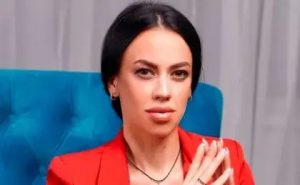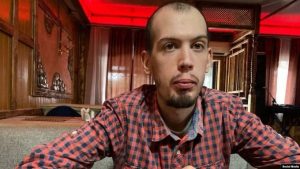Belarusian human rights activist Ales Bialiatski made headlines on Friday, October 7, 2022, when he was announced as the Nobel Peace Prize winner in Oslo, Norway. He is known widely for his exemplary work with Human Rights Centre Viasna. With the announcement, the 60-year-old became the 103rd recipient to the Nobel Peace Prize, which began in 1901.
The Nobel Peace Prize winner will be receiving a cash reward of 10 million Swedish kronor or almost $900,000, which will be given to them on December 10. However, Ales Bialiatski is currently imprisoned since July 2021 for allegedly evading taxes.
Who is Ales Bialiatski?
Ales Bialiatski was born on September 25, 1960, in Vyartsilya, Karelian ASSR, Russian SFSR, the Soviet Union to Viktar and Nina. His father comes from the Rahačoŭ District, whereas his mother, Nina, is from Naroŭlia. The family moved back to Belarus in 1965 and began living in Svietlahorsk, Homieĺ.
Bialiatski studied Belarusian literature at the Homiel State University, from where he graduated in 1984. He also studied Russian and Belarusian Philology at the university. As a student, Bialiatski came across several personalities who went on to become famous throughout the world, including Eduard Akulin, Anatol Kazlou and Anatol Sys.
After his graduation, Bialiatski began working as a teacher at a school in Lieĺčycy. He went on to join the army in 1985-86, where he served as an armoured vehicle driver near Yekaterinburg in Russia.
It was also the time when he became entangled with several pro-democracy campaigns, especially with a group named Independence, which was focusing on leaving the Soviet Union to form a democracy. Later, he went on to become a member of the organizing committee of the 1st Assembly of Belarusian Communities.
Also Read: What is Center for Civil Liberties?
He is also one of the founding members of the Belarusian Popular Front, where he served as the secretary and deputy chairman between 1996 and 2001. It was at this time that he started Viasna, the Human Rights Centre.
He went on to become the vice president of the International Federation for Human Rights in 2007 and served until 2016.






